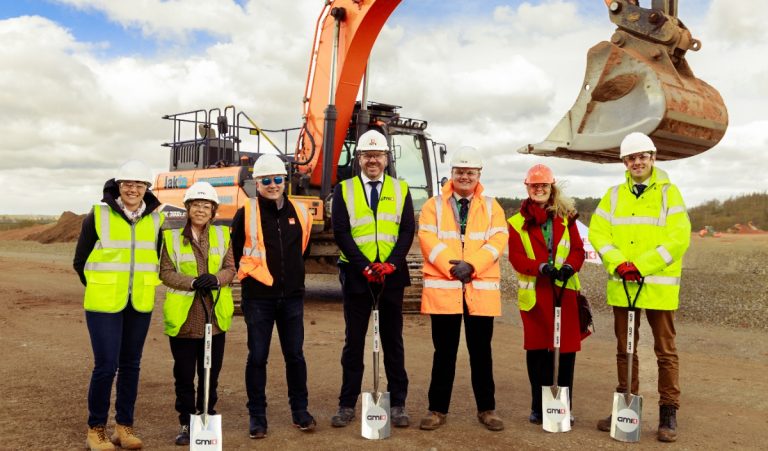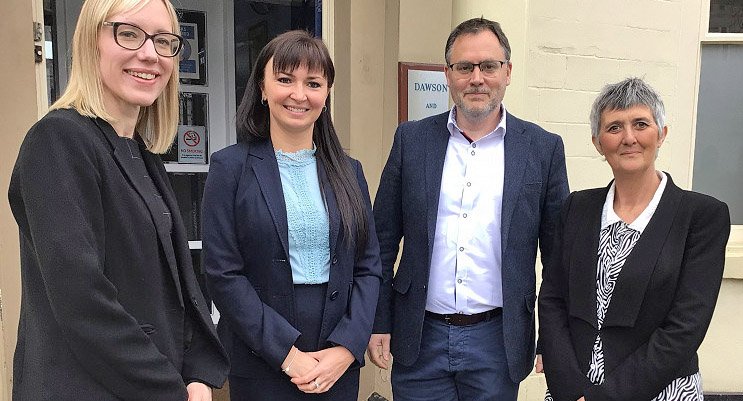The incoming South Yorkshire mayor must show vision and ambition to turbocharge the region’s Covid recovery and lay the foundations for sustainable, long-term prosperity, according to the CBI.
The business group has launched its South Yorkshire Mayoral Combined Authority Business Manifesto, a blueprint for the region’s future which urges the winner of May 5’s ballot to work with business to champion the area’s unique strengths in driving future growth.
Overcoming skills shortages, delivering improvements to physical and digital infrastructure and building new links between business, academia and all levels of government are priorities. Securing new funding and devolved powers is also a key ask – and it all must be achieved against the tough backdrop of Covid recovery and a cost-of-living crisis.
Beckie Hart, CBI Yorkshire and the Humber director, said: “This May’s mayoral election comes at a critical time for South Yorkshire. The region faces multiple headwinds, like the increased cost of living and doing business, geopolitical instability and rising inflation, on top of ongoing post-pandemic recovery efforts. We’re at a crossroads, and future generations will judge the path we choose.
“South Yorkshire needs to be empowered to maximise its potential. It is a region with a rich cultural, leisure and tourism offer, and many assets of key importance to the UK economy – for example the Advanced Manufacturing Research Centre, which is home to many high value sectors, focusing on power generation and renewable energy vital for research and development.
“The next mayor should seek to capitalise on these assets to fuel an economy that plays to distinct local strengths which empower communities, reduce long-standing inequalities, and boost regional prosperity.
“Business stands ready to work alongside the mayor to develop this economic vision, and to drive forward ambitions for green, sustainable growth throughout the region.”
The CBI’s manifesto includes recommendations in five key areas which outline how the newly-elected mayor can work in tandem with business to deliver economic growth to the region.
Skills
- Support collaboration between business, academia and local government to transform skills supply, improve employment prospects and enable productivity growth.
- Utilise the recently devolved adult education budget to build a skills system tailored to regional needs and help local people secure good, well paid jobs.
- Encourage direct links between schools and enterprise to open pathways into work and reduce the ‘brain drain’ of talent from the region to other areas.
- Target innovation in construction to deliver affordable, low-carbon, sustainable and high-quality homes at pace, capitalising on the new Levelling Up Brownfield Investment Fund into Sheffield.
- Drive investment in retrofitting homes to improve energy efficiency and accelerate the region’s move to a net zero future.
- Support development of a fully integrated, region-wide public transport system to improve access to education, skills and training.
- Enhance north-south and east-west connectivity by delivering Northern Powerhouse Rail in full, and HS2, specifically the eastern leg.
- Improve digital infrastructure to reflect new working patterns, including hybrid.
- Work with central Government and business to secure a long-term devolved funding increase for the region.
- Gain extra powers from central Government on skills and transport policy to better support business needs.
- Use devolved powers to incentivise business to go further and faster on net zero.
- Support the region’s SMEs to transition to a low-carbon economy.
- Develop a holistic strategy on climate change, incorporating housing, planning, transport, infrastructure and skills.












